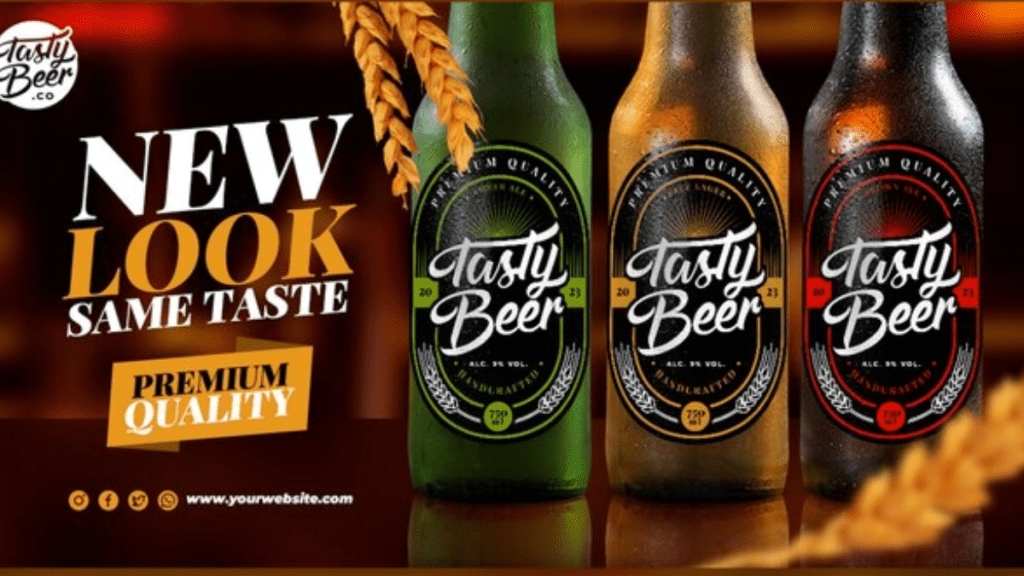What once used to be a popular ground for surrogate advertising, the Indian Premier League (IPL), has now seen a decline in the volume of surrogate ads by liquor companies.
The marquee property, which will earn around Rs 5000 crore in advertising revenue this year, saw surrogate ads (of liquor brands) accounting for 1.6% of the total advertising share in IPL 15—the share dropped to 0.7% in the last season, according to the data shared with FE by TAM Sports. The indexed ad volume of these ads during last season decreased by 70%. With now Central Consumer Protection Authority (CCPA) also asking alcohol manufacturers to submit a list of products sold under the same brand name as their alcohol beverage within 15 days, ahead of IPL, will further curb the alcobev majors’ surrogate ads, said industry experts.
The consumer watchdog has also asked for revenue and turnover data related to the sale of alcobev as well as on-brand extension products (such as mineral water, playing cards, music CDs) over the last three years. Its 2022 ‘guidelines for prevention of misleading advertisements and endorsements’ forbids surrogate advertising. That apart, for the current season, BCCI in December had released a tender for its title sponsorship 2024- 2028, prohibiting alcohol and tobacco brands from bidding.
The IPL advertising landscape is a study of the interplay between brands, regulations, and the pull of massive audiences. Historically fluctuating surrogate volumes, with a recent decline due to stricter enforcement, reveal a shift towards tighter controls – particularly impacting liquor brands, say experts. Data shared by the Advertising Standards Council of India (ASCI) with FE, which prohibits such ads, indicates a reduction in the number of ads processed by the organisation from 12 in IPL 2021 (season 14) to 7 in IPL 2022 (season 15) and 5 ads in IPL 2023 (season 16).
While marquee events like the IPL undoubtedly offer lucrative opportunities for brands to enhance visibility and reach a broad audience, unfortunately, this also renders them attractive platforms for brands in restricted categories to resort to surrogate advertising practices, noted Manisha Kapoor, CEO & SG, ASCI. “While stringent monitoring mechanisms are already in place, enforcing compliance with advertising guidelines during marquee events is paramount to deter surrogate advertising,” she said. In December last year, it tightened its guidelines for brand extensions in restricted categories like liquor and tobacco.
While surrogate ads by alcobev brands have seen a significant decline, ad volumes on TV for IPL 16 observed a significant surge of 57% of surrogate ads by pan masala brands compared to IPL 15. Experts say, as the league attracts at least 70-80% of the male viewership, it makes it a popular platform for tobacco brands. For the ongoing current season, JioCinema, which has reported a record number of 18 sponsors and over 250 advertisers onboarded Kamla Pasand as an associate sponsor, and Star Sport onboarded Vimal. Although these brands on-air might be selling edible cardamom pods, their parent companies are known to sell pan masala containing tobacco.
“Liquor and tobacco lobbies are very influential and very well-funded. If BCCI wouldn’t allow them to bid, then why allow them to telecast on the IPL? The lobbying blunts the best of intentions. Liquor has found absurd surrogates that the FSSAI, the Censor Board, and the Department of Consumer Affairs have all circumvented and continued to dodge – with impunity,” noted Sandeep Goyal, managing director, Rediffusion.
Mitesh Kothari, co-founder and CCO, White Rivers Media, said that tobacco’s continued presence underscores the complexity of surrogate advertising. A comprehensive regulatory response is crucial – one that includes clearer definitions, consistent enforcement, and greater public awareness campaigns – to ensure a truly balanced approach that protects consumer welfare while allowing responsible marketing.

